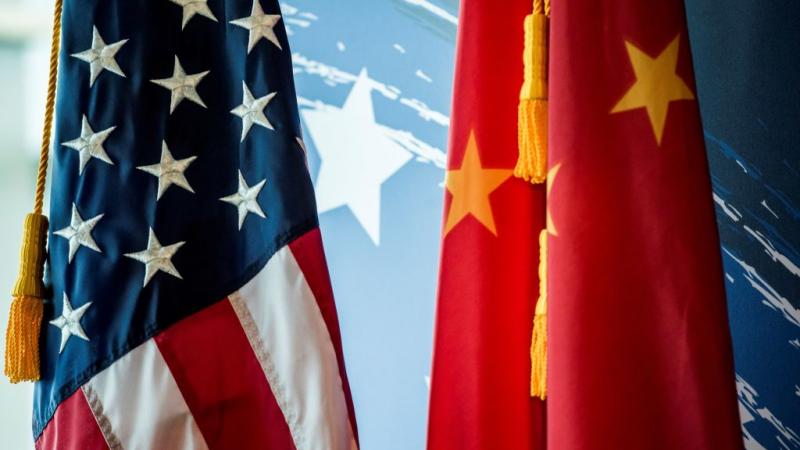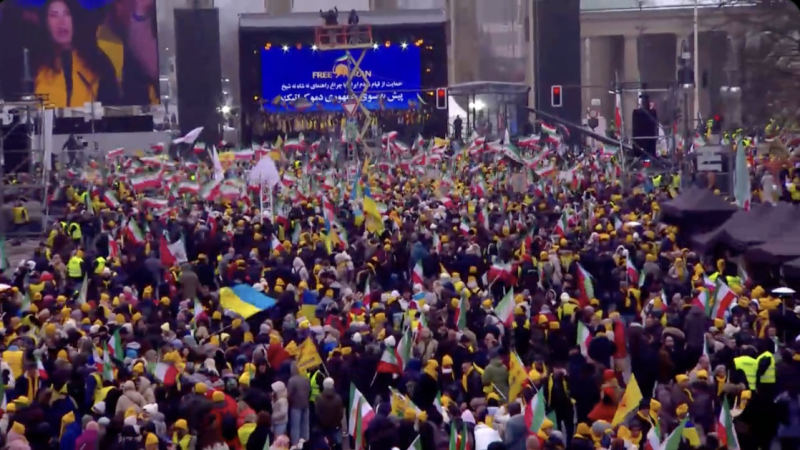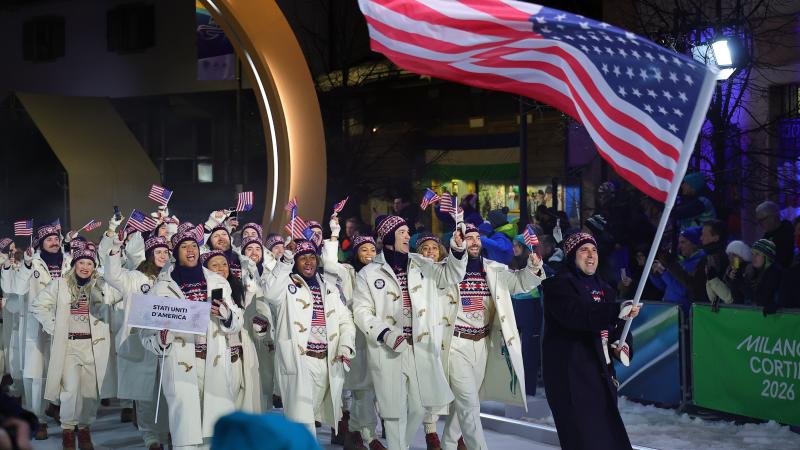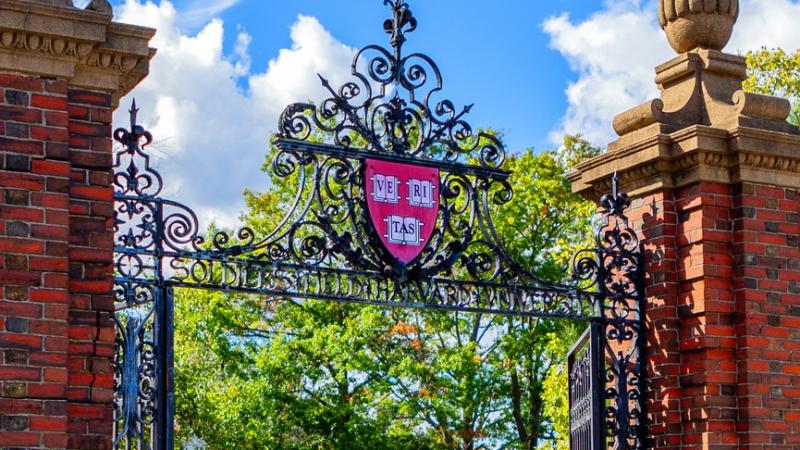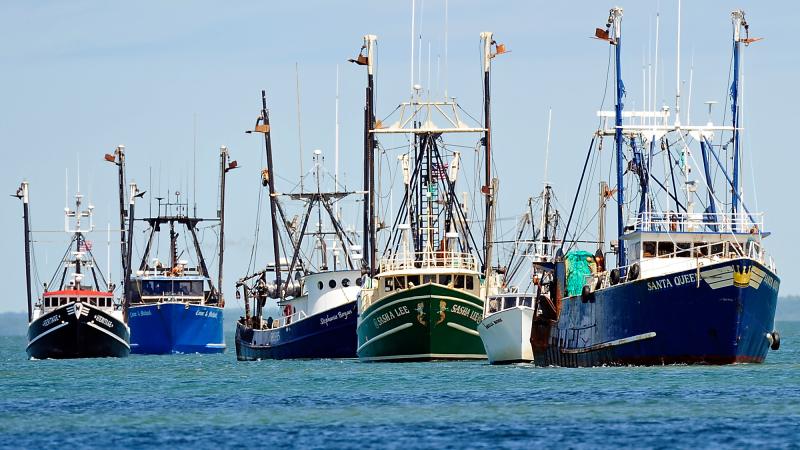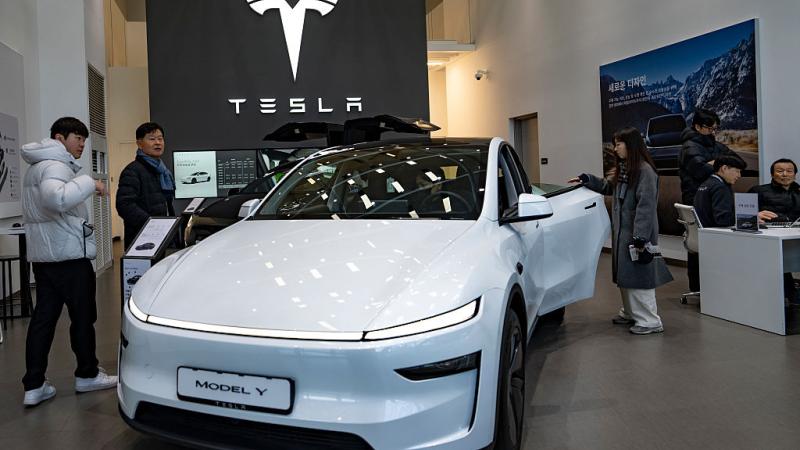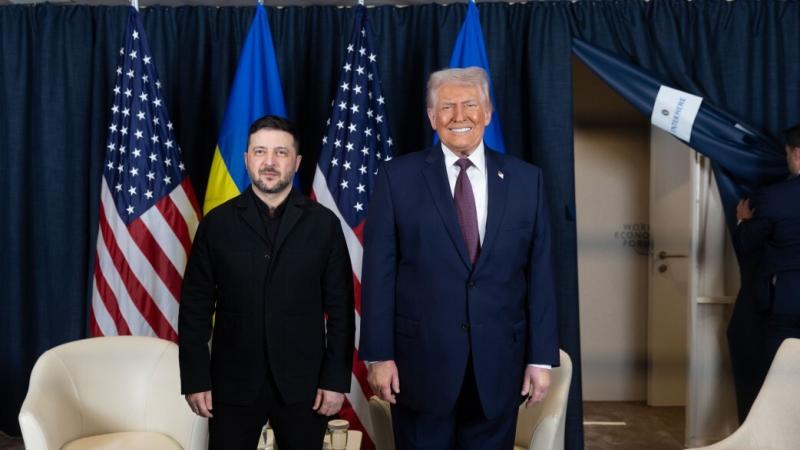Trump seduces trade partners with security, and the appeal of accessing US market
President Trump’s tariff policy and approach has secured cooperation from the key U.S. allies. So far, other big economies are holding out for more.
Just six months into his second term, President Donald Trump has used the United States’ economic might and security umbrella to secure promised trade deals and reshape the global trading environment.
The recent string of successful trade negotiations with both the European Union and Japan—two of the United States’ largest trading partners and important allies—marks a reappraisal by both these players, who initially resisted efforts by Trump to remake global trade.
Both Japan and the European Union appear to have made significant concessions to the United States. Both have accepted a base level 15% tariff by the U.S. on imports and promised to invest in the American economy and buy American energy. Both parties received few trade concessions in return.
Prof: Trump using the "disruptive approach"
In securing these deals advantageous to the U.S., President Trump and his administration are likely to view their tough negotiating strategy—and leveraging of tariffs and trade barriers to shape other countries’ behavior—as vindicated. It may impact the way the United States interacts with its trade partners for decades to come, reshaping the post-war economic order.
“From Team Trump’s perspective, the agreements vindicate the administration’s disruptive approach,” argued Professor Walter Russell Mead, Professor of Strategy and Statecraft at the University of Florida and Hudson Institute Fellow.
The key to President Trump’s tough negotiating strategy, Mead wrote in a Wall Street Journal op-ed, is the intertwining of trade and security concerns to generate more leverage.
“Past presidents have compartmentalized American negotiations, keeping security relations and trade negotiations on different tracks. Mr. Trump thought this was stupid,” wrote Mead.
“The combination of access to the American market and American security guarantees was so valuable, he believed, that foreigners would pay a much higher price than his predecessors ever got,” he said. “The recent deals with the EU and Japan support his view.”
The earlier NATO pushback
When Trump first announced significant tariff increases across the board earlier this year, the United States’ closest allies had strong negative reactions, publicly. European leaders decried Trump’s tariff hikes as an assault on bilateral free trade and prepared multiple packages of retaliatory tariffs.
At the same time, the president was calling on European members of the North Atlantic Treaty Organization (NATO) to significantly raise their defense spending, which has historically been a set percentage of GDP since the end of the Cold War. Presidents have complained about NATO members not contributing enough for decades. European NATO members initially panned Trump’s proposals to raise defense spending as “impossible” and even “madness.”
However, after the newly inaugurated President Trump vowed that the United States would not defend alliance members if they were delinquent on defense spending goals, the Europeans began to change their tune. If NATO “is not going to pay, we’re not going to defend,” Trump said in March.
In a NATO summit in June, European leaders reversed course and bought goodwill from Trump by promising to raise defense spending levels to 5% of GDP, with 3.5% for conventional defense and 1.5% in broader security-related expenditures—like infrastructure. The new target, which was proposed by the alliance’s secretary general, Mark Rutte, met the president’s expectations. Trump dropped his threats and reaffirmed the United States’ commitment to the mutual defense agreement to meet the U.S. request for greater European commitment to the common defense.
All members signed on to the defense spending increase except Spain, which sought a special carveout to keep its defense spending low, citing domestic constraints. Trump’s response to the Spanish shows that the president has tied economic and security concerns together.
Trump threatened that the U.S. is going to make Spain “pay twice as much” in a future trade deal because of its failure to increase defense spending. Many of NATO’s members in Europe are also members of the European Union, including Spain.
“I like Spain. It's a great place, and they are great people, but Spain is the only country out of all the countries that refuses to pay. So they want a little bit of a free ride, but they will have to pay it back to us on trade because I'm not going to let that happen. It's unfair,” the president said at the time.
EU President von der Leyen: "A good deal"
While some European leaders criticized the eventual trade deal for giving away too much, maintaining a strong transatlantic security commitment from the Americans and securing stability in the commercial relationship became of paramount importance for European negotiators.
Though the EU made significant concessions in the agreement, EU Commission President Ursula von der Leyen praised the deal as a “good deal” that would bring "stability" and "predictability" to trade across the Atlantic.
German Chancellor Friedrich Merz, head of the largest economy in the European Union, echoed the sentiment, saying the agreement would “preserve our core interests” and stave off “an unnecessary escalation in transatlantic trade relations.”
In negotiations with Japan, Trump took a similar approach. In the midst of negotiations, he publicly questioned the utility of the U.S.-Japan military alliance, calling it “one-sided.”
“We defend them, but they don’t have to defend us,” Trump said during a cabinet meeting in April. “We pay hundreds of billions of dollars to defend them ... they don’t pay anything.”
Trump lamented in July that it was tough to secure a deal with Japan because “They and others are so spoiled from having ripped us off for 30, 40 years.”
As negotiations continued throughout the summer, and multiple rounds of reciprocal tariffs threatened, Japan and the U.S. finally came to an agreement. Japan secured a reduced tariff rate, expanded access to American natural gas, and provided much needed stability in the relationship. The U.S. secured greater access to Japanese markets through reduced barriers and promises of imports. The tariff rate is set to remain at 15%.
Trump has also secured a slew of deals with other close U.S. allies, including the United Kingdom, South Korea, and the Philippines.
The holdouts to U.S. trade terms...as of now
However, the Trump administration has found far less success with India and China.
In recent days, Trump has threatened India—the world’s most populous country and largest democracy—with high tariff rates if the country does not further open its market to the United States. The president has also linked security objectives to the talks, urging India to reduce energy imports from Russia or face additional penalties. India is currently the second largest export market for Russia’s oil and coal, second only to China. Russia’s energy industries have provided the country with an economic lifeline amid its war in Ukraine.
India has resisted efforts by the United States to drop protectionist measures for its agricultural and dairy markets. The country, which boasts the world’s fifth-largest economy, has traditionally protected these industries when negotiating any free trade agreements with others in an effort to protect poor farmers, Reuters reported. Washington views these barriers as a key obstacle to trade ties.
The Trump administration has also struggled to come to a quick settlement with China, which boasts the world’s second largest economy and powerhouse export-focused industries. U.S. trade negotiators led by Treasury Secretary Scott Bessent recently met with their Chinese counterparts ahead of a Trump-imposed August 12 deadline, after which tariff pauses would end.
No deal has been forthcoming, but Secretary Bessent will reportedly advocate for the U.S. to extend the deadline and keep tariffs paused to allow more time for talks.
The Facts Inside Our Reporter's Notebook
Links
- the European Union
- Japan
- wrote in a Wall Street Journal op-ed
- decried Trumpâs tariff hikes
- vowed that the United States would not defend alliance members
- promising to raise defense spending
- proposed by the allianceâs secretary general
- reaffirmed the United Statesâ commitment
- to make Spain âpay twice as muchâ
- praised the deal
- echoed the sentiment
- lamented in July
- finally came to an agreement
- the United Kingdom
- South Korea
- linked security objectives
- second largest export market for Russiaâs oil and coal
- drop protectionist measures
- struggled to come to a quick settlement
- advocate for the U.S. to extend the deadline

